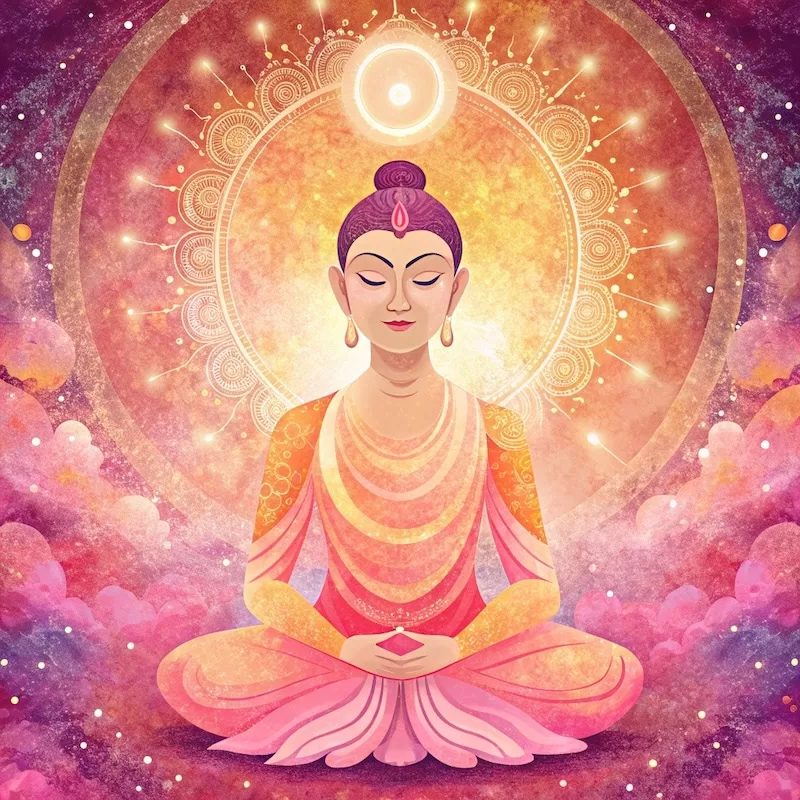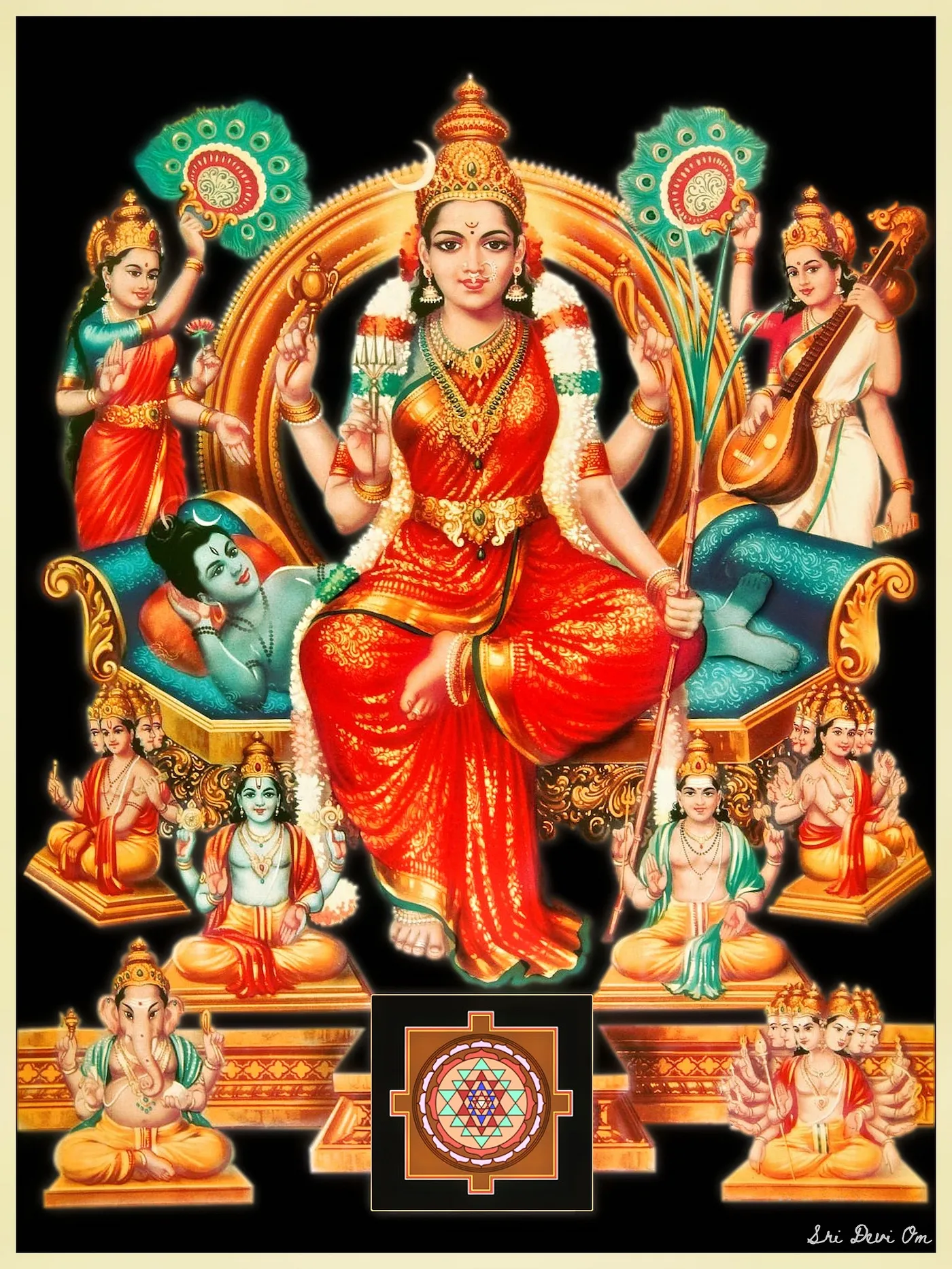Many scholars translate Sannyāsa as renunciation, formally rejecting the material world. Another translation is monkhood, which means living under the vows of poverty, celibacy, and obedience to some group or guru.
Frankly, neither renunciation nor monkhood are accurate translations of Sannyāsa. The entire notion of sex being a sin or taboo is a contamination of Christianity and Buddhism into Sanatana Dharma (Hinduism).
Sanatana Dharma never tied Sannyāsa to your sex life, and it had no rigid rules about abstinence. It was a personal decision of each person in which faith never interfered.
Don’t trust me? Then, put aside all the works of scholars from the last century or so and read the ancient Puranic scriptures in Sanskrit. You will undoubtedly agree with me.
The Definition
The term Sannyāsa combines two root words:
- San: To be fulfilled, To gain
- Nyāsa: Abandoning, Pledging, Bringing forward
Therefore, Sannyāsa means
- Abandoning something
- Pledging something
- Bringing forward something
So that we can
- Be fulfilled
- Gain Mukti, spiritual liberation
Sannyāsi is the gender-neutral reference to those who follow Sannyāsa.
The Somethings
In the above definition, what are those ‘somethings’? What should we abandon, pledge, and bring forward?
Here comes a spiritual bouncer: That “something” is up to each individual. Let go of everything that takes you away from the divine in you and embrace everything that helps you feel divine.
Not convinced with my views? Let’s refer to Sanatana Dharma’s gold standard: Sri Krishna’s words in the Bhagavad Gita.
The Words of the Divine
To deal with his challenging situation, Arjuna wished to take up Sannyāsa. In other words, he looked upon Sannyāsa as escapism from life’s problems.
Rescuing him from such thoughts, Sri Krishna explained the true meaning of Sannyāsa. In Srimad Bhagavad Gita (5.3), the Bhagavan said:
jñeyaḥ sa nitya-sannyāsī
yo na dveṣhṭi na kāṅkṣhati
nirdvandvo hi mahā-bāho
sukhaṁ bandhāt pramuchyateThey should be considered Sannyāsi, who don’t hate, don’t desire, and are without dualities. Mighty-armed-one (Arjuna), such ones joyfully get liberated from bondage.
Pay attention, and you’ll find those ‘somethings’ in the above verse. Here:
- Abandon ‘inner negativities’. The phrase ‘don’t hate’ in this verse refers to all internal impurities. Only those who keep a pure mind can flip hatred into love (against indifference). Eliminating inner negatives to feel unconditional love is an integral part of Sannyāsa.
- Pledge ‘to drop desires’. The fundamental requirement for Sannyāsa is letting go of desires. As long as we have desires, we can’t attain liberation. Developing mindfulness and non-attachment helps us drop our desires.
- Bring forward ‘your pure inner self’. Divinity lives in us. Yet, most of us feel like the divine is elsewhere. This state of mind is called duality in Sanatana Dharma, and removing it is a part of Sannyāsa. To bring forth that divinity hiding in us, we practice austerities for self-purification.
The Conclusion
As the term Sannyāsa indicates, it has nothing to do with your marital status. Also, it’s clear from Sri Krishna’s words that it’s not abstinence from physical intimacy either.
In short, Sannyāsa denotes developing and maintaining a pure state of mind that makes you feel fulfilled and helps you attain Mukti or liberation.
Any lifestyle that gets you there is acceptable for a Sannyāsi. If anyone tells you otherwise, please quote Sri Krishna to them!
Conclusively, my friend-mentor once mentioned that he would eventually give ocher robes to non-monk Sannyāsi. The fact that someone like him, who has read hundreds of scriptures in Sanskrit, used Sannyāsa in the same manner as I described strengthens my case!
Love,
Sri Devi Om



